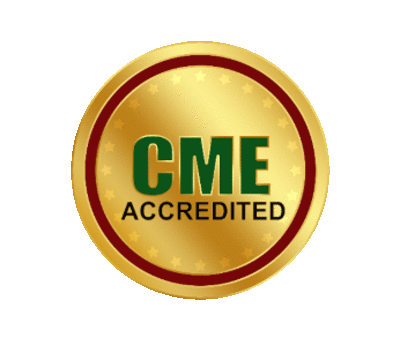
Hernan Villalon Urrutia
Clinica Las Condes, Chile
Title: Ethical issues in regenerative approaches in neonatology
Biography
Biography: Hernan Villalon Urrutia
Abstract
Regenerative therapies using stem cells (SC) are theoretical options in perinatal diseases. These are promising in inflammatory cascade or regenerative capacity in CNS and lung. However, ethical controversies emerge of its use when it comes to the methods used in its obtaining, being embryonic origin the most questioned. Actual research is based on the use of somatic mesenchymal stem cells (MSC) since they have less ethical conflicts. Development of embryonic cell in vitro aims to overcome this dilemma. Benefits today are potential. MSC ability to self-regeneration and pluripotency could provide replacement in brain and lung, but still oncogenic risk must be considered. In addition, its immunomodulatory role can decrease inflammation and increase tissue repair through a paracrine effect. Non-beneficial results using MSC’s have been seen in cases of pulmonary embolism with endothelial damage when administered intravenously in myocardial infarction. From a psychological perspective, a reflection is needed mainly when SC is offered in the context of delivery, in which obtaining umbilical cord cells and/or placental tissue is easy. An informed consent considering high costs and uncertain benefits is needed to avoid encouraging expectations. Parents should have no limit to any attempt to improve the quality and life expectancy of their children. Regenerative therapy with SC in neonatology lacks of solid evidence to support its use in terms of efficacy and safety. However, ongoing research is promising. Further research is required. Therefore, conservative advising to parents is recommended to avoid creating false expectations based on MSC’s.

